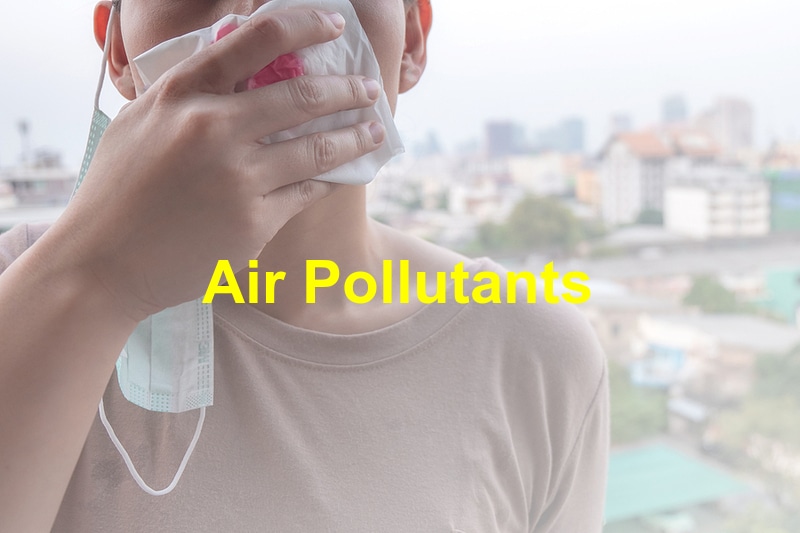The quality of the air we breathe has a significant impact on our overall health and well-being. Unfortunately, in today’s modern world, air pollution has become a prevalent issue, with detrimental effects on our respiratory system. In this blog post, we will explore how air pollutants affect your breathing and respiratory health, highlighting the importance of understanding and mitigating the risks associated with poor air quality.
The Basics of Air Pollutants
Air pollutants are substances present in the air that can be harmful to human health when inhaled. They can originate from various sources, including vehicle emissions, industrial activities, combustion processes, and natural sources such as pollen or dust. Common air pollutants include particulate matter (PM), nitrogen dioxide (NO2), sulfur dioxide (SO2), ozone (O3), carbon monoxide (CO), and volatile organic compounds (VOCs).
Irritation of Airways and Lungs
When we breathe in pollutants, they can irritate the airways and lungs, leading to various respiratory symptoms. Fine particulate matter (PM2.5) and pollutants such as ozone and sulfur dioxide can penetrate deep into the respiratory system. These particles and gases can cause inflammation, coughing, wheezing, and shortness of breath, particularly in individuals with pre-existing respiratory conditions like asthma or chronic obstructive pulmonary disease (COPD).
Reduced Lung Function
Long-term exposure to pollutants has been linked to decreased lung function. Inhalation of pollutants over time can damage the air sacs in the lungs and impair their ability to efficiently exchange oxygen and carbon dioxide. This can result in reduced lung capacity, making it more challenging to breathe and perform physical activities. Children exposed to air pollution during critical developmental stages may also experience permanent effects on lung growth and function.
Increased Respiratory Infections
Air pollutants can weaken the respiratory system’s defenses, making individuals more susceptible to respiratory infections. Fine particles and pollutants can compromise the respiratory tract’s natural immune responses, allowing bacteria and viruses to penetrate more easily. This can lead to an increased risk of respiratory infections such as bronchitis, pneumonia, and influenza, particularly in vulnerable populations like children, the elderly, or those with compromised immune systems.
Aggravation of Existing Respiratory Conditions
For individuals already living with respiratory conditions like asthma or COPD, exposure to air pollutants can worsen their symptoms and trigger exacerbations. The irritants present in polluted air can induce bronchial constriction, inflammation, and mucus production, leading to coughing, wheezing, and difficulty breathing. Managing and avoiding exposure to pollutants becomes even more crucial for individuals with pre-existing respiratory conditions.
Conclusion
Breathing in air pollutants can have significant adverse effects on your respiratory health. The irritants and toxic substances present in polluted air can cause inflammation, reduced lung function, increased risk of respiratory infections, and exacerbation of existing respiratory conditions. It’s essential to take measures to mitigate exposure to air pollution, both indoors and outdoors. This includes using air purifiers, practicing proper ventilation, reducing exposure to outdoor pollutants by avoiding high-traffic areas and staying indoors during peak pollution times, and supporting initiatives that aim to reduce air pollution on a broader scale. By prioritizing clean air and taking proactive steps to minimize exposure to pollutants, we can safeguard our respiratory health and promote a healthier environment for all.
References: resphealth, EPA

